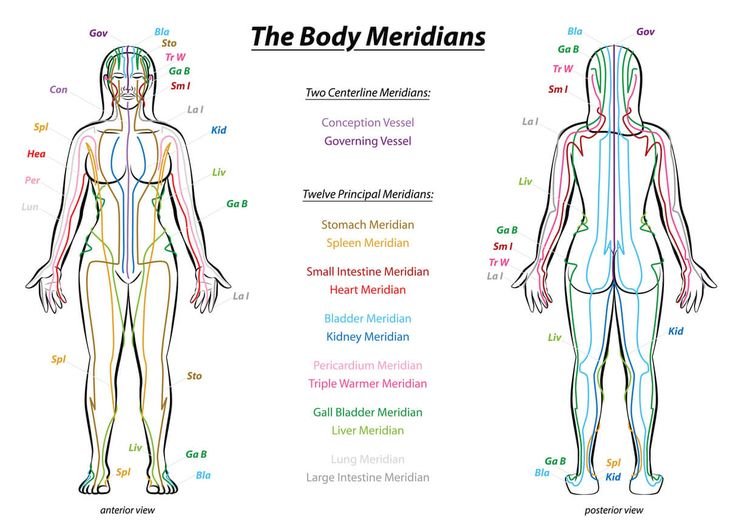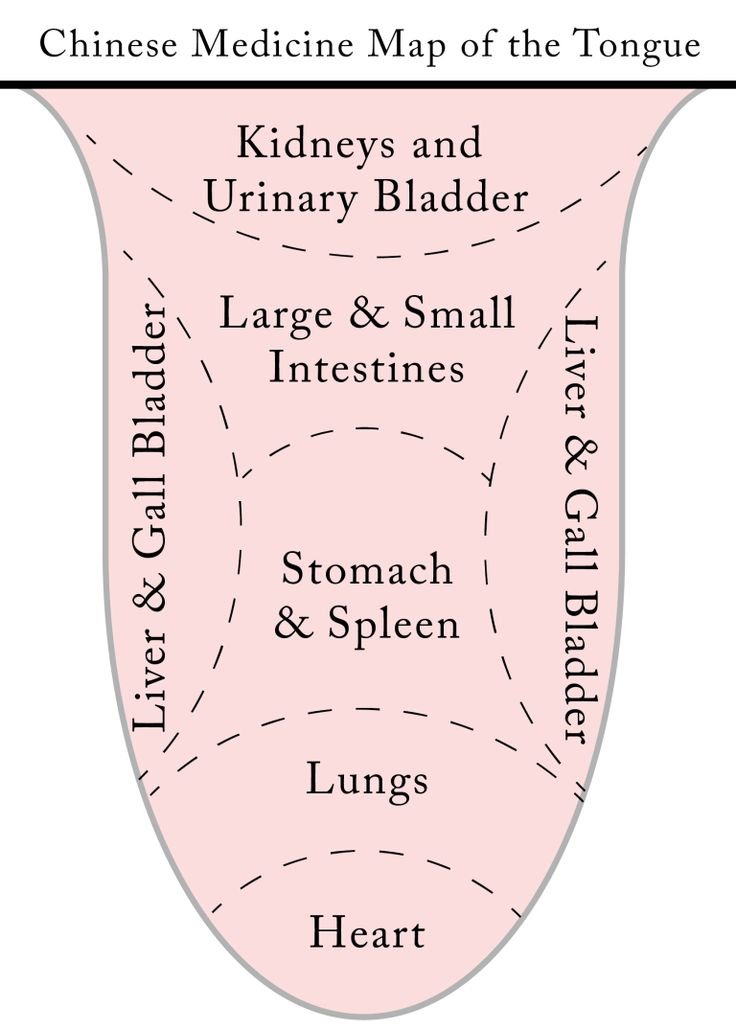
your treatment
benefits & what acupuncture can treat:
-
Acupuncture helps to alleviate various types of pain. It can provide relief for acute pain, such as headaches, migraines, dental pain, and postoperative pain. Additionally, acupuncture may be effective in managing chronic pain conditions like lower back pain, osteoarthritis, fibromyalgia, and menstrual cramps. By stimulating the nervous system and releasing endorphins, acupuncture can help to modulate pain signals and promote natural pain relief.
-
In today’s fast-paced world, stress has become a common health concern. Acupuncture offers a natural and effective way to combat stress and insomnia and promote relaxation. By stimulating specific acupoints, acupuncture helps to regulate the sympathetic nervous system, reducing the body’s “fight-or-flight” response. This, in turn, promotes a sense of calm, improves sleep quality, enhances overall mental well-being and makes patients feel amazing.
-
Acupuncture can play a valuable role in improving digestive conditions and addressing gastrointestinal issues. It helps regulate gastric secretions, enhance digestive function, and reduce inflammation in the gastrointestinal tract. Acupuncture may help to alleviate symptoms of acid reflux, indigestion, bloating, and irritable bowel syndrome. It may also provide relief for more severe digestive disorders such as Crohn’s disease and ulcerative colitis.
-
Regular acupuncture sessions are believed to strengthen the immune system, making individuals less susceptible to illnesses and infections. By promoting the flow of Qi and balancing the body’s energy, acupuncture helps to optimize immune responses. It can increase the production of immune cells, improve lymphatic circulation, and enhance a patient’s overall immune function, providing a natural defense against pathogens.
-
Acupuncture is known for its positive effects on mental and emotional well-being. It may help to manage symptoms of depression, anxiety, and post-traumatic stress disorder (PTSD). Acupuncture sessions can promote the release of endorphins, serotonin, and other neurotransmitters that regulate mood and emotions. By reducing stress levels, improving sleep quality, and restoring the body’s natural balance, acupuncture contributes to overall emotional balance and improved mental health.
-
Facial and cosmetic acupuncture has shown promise in addressing anti-aging concerns and acne. By stimulating specific acupoints, cosmetic acupuncture helps to improve blood circulation and promote the production of collagen and elastin, which can enhance the skin’s elasticity and reduce the appearance of fine lines and wrinkles. What’s more, acupuncture can regulate hormonal imbalances that contribute to acne breakouts, helping to improve skin health and clarity. Facial cupping and facial gua sha can also be used as western complementary therapies.
-
For those struggling with insomnia and sleep issues, acupuncture can offer a non-pharmacological approach to improving sleep quality. By targeting acupoints associated with sleep regulation, acupuncture can help to regulate the sleep-wake cycle and promote relaxation. Receiving acupuncture may also alleviate underlying factors contributing to insomnia, such as anxiety and stress, allowing a more restful and rejuvenating sleep.
-
Acupuncture has been utilized for centuries to alleviate symptoms associated with the common cold and allergies. Acupuncture can help to strengthen the respiratory system, reduce nasal congestion, and relieve sinus pressure. It can also regulate the immune response, reducing the severity of allergic reactions and mitigating symptoms such as sneezing, itching, and runny nose. As a result, acupuncture may provide relief and support for people dealing with seasonal allergies and common cold symptoms.
-
Acupuncture supports women's health by addressing a range of issues such as menstrual disorders, fertility challenges, pregnancy-related symptoms, menopausal symptoms, hormonal health, mental health, and pain management. It can regulate menstrual cycles, alleviate menstrual and menopausal symptoms, enhance fertility, and support pregnancy and postpartum recovery. Acupuncture also helps reduce stress, anxiety, and chronic pain conditions more common in women, such as fibromyalgia and migraines. By stimulating the nervous system, improving blood flow, modulating the immune system, and releasing endorphins, acupuncture promotes overall health and well-being in women.
what to expect:
Before treatmentEat Lightly:
Have a light meal or snack 1-2 hours before your appointment. Avoid going in on an empty stomach or immediately after a heavy meal.
Hydrate:
Drink plenty of water before and after your session to help your body process the treatment effectively.
Wear Comfortable Clothing:
Wear loose, comfortable clothing that allows easy access to areas commonly treated, such as arms, legs, and abdomen. You may also be asked to remove restrictive clothing.
Avoid Stimulants and Alcohol:
Refrain from consuming caffeine, alcohol, or recreational drugs before your appointment, as these can affect your body's response to treatment.
List Your Medications:
Bring a list of any medications, supplements, or herbs you are currently taking.
Prepare Your Health History:
Be ready to discuss your medical history, current symptoms, lifestyle habits, and any previous acupuncture experiences. This helps your acupuncturist create a tailored treatment plan.
Set Realistic Expectations:
Understand that acupuncture is a process, and it may take several sessions to see significant results. Be open-minded and patient with the progress.
DuringAsk Questions:
Feel free to ask your acupuncturist any questions you have about the treatment process, the points being used, or what to expect during and after the session.
Stay Still but Comfortable:
Once the needles are inserted, try to remain still to avoid discomfort. However, if you experience any pain or discomfort, inform your acupuncturist immediately.
Focus on Relaxation:
Use the time to relax and focus on your breathing. Many people find acupuncture sessions to be a good opportunity for meditation or rest.
After treatmentRest:
Allow yourself some time to rest after the session. Avoid strenuous activities immediately afterward.
Stay Hydrated:
Continue to drink plenty of water to help flush out any toxins released during the treatment.
Observe Changes:
Pay attention to how your body feels in the hours and days following your session. Note any changes in symptoms or overall well-being to discuss with your acupuncturist at your next appointment.
Follow Recommendations:
Follow any lifestyle or dietary recommendations provided by your acupuncturist to enhance the effectiveness of your treatment.
Follow-Up
Schedule Follow-Up Appointments:
Acupuncture often requires multiple sessions for optimal results. Schedule follow-up appointments as recommended by your acupuncturist.
*** This information is provided for informational purposes only. It is neither intended nor implied to be a substitute for medical advice. ***
FAQs
-
Yes! Acupuncture practiced by a ‘Registered Acupuncturist’ (R.Ac) is considered to be extremely safe. In most cases, these registered practitioners have at least 3-5 years of training, including at least 1-3 years of hands-on practice in a student clinic setting.
The needles used are sterile, single-use, and very thin, minimizing the risk of infection or injury.
-
It shouldn't hurt, but that doesn't mean you won't feel anything.
”Deqi” refers to a feeling a patient gets when the needle inserted has activated Qi on an acupuncture point. This is often the goal during the treatment and because Qi is now activated, it can do as needed in the body to heal.
Some common sensations you can experience during a treatment are: pressure, heaviness, dull ache, tingling, and warmth.
-
The number and frequency of treatments an individual requires varies depending what we are working on, how long it has been present, and an individuals constitution. Generally, we can say the following:
Acute conditions: 5-7 treatments is ideal.
Chronic conditions: 8-10 treatments is ideal.
*Because some chronic conditions cannot be cured, the goal of treatment is to help support one's condition with ongoing treatment.
The benefits of acupuncture treatments are cumulative, so it's best to begin with sessions 1-2 times per week to build momentum. As you start to see improvements, we can gradually reduce the frequency to once per week, then once every two weeks, and eventually to once per month for maintenance. The aim is to maintain steady progress and prevent regression that can happen if appointments are too far apart. Our treatment plan will also include advice on how to support your body's healing process between sessions.
Maintenance and Preventive Care
Once the acute or chronic condition has improved significantly, maintenance treatments can help sustain the benefits and prevent recurrence. This might include:
Frequency: Once every 2-4 weeks or monthly
It's important to communicate openly with your acupuncturist about your progress and any changes in your symptoms, so they can adjust the treatment frequency and duration as needed.
-
Yes, absolutely! There are certain points on the body that are contraindicated during pregnancy but acupuncture can be very helpful in treating morning sickness, fatigue, sleep issues and many other ailments you can experience during pregnancy, as well as inducing labour at the end!
-
Cupping marks typically last between a few days to a couple of weeks. The duration can vary depending on several factors, including:
Intensity of the Cupping Session: More intense sessions may result in darker marks that take longer to fade.
Individual Skin Sensitivity: Some people may naturally heal faster or slower than others.
Location on the Body: Areas with more muscle or fat may show marks longer than areas with thinner skin.
Aftercare: Proper aftercare, such as keeping the area clean and moisturized, can help marks heal more quickly.
In most cases, the marks will gradually fade and should be completely gone within 1-2 weeks. If you have concerns about the marks or if they last significantly longer, it's a good idea to consult with your acupuncturist.
-
Yes! If you have extended health care a certain amount of treatments can be claimed. Check with your insurance provider to see if you qualify.













